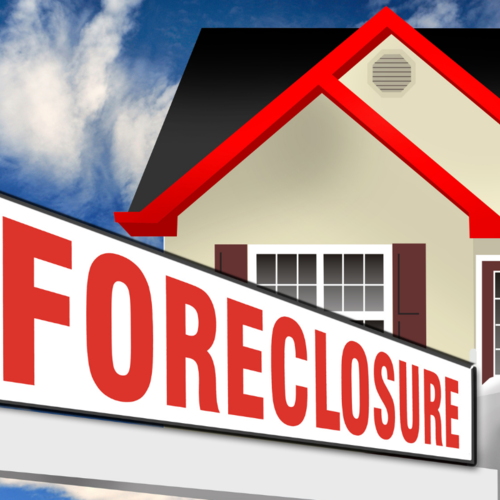Owning a vacation home in Florida isn’t just about sunny days, poolside relaxation, and rental income, it also comes with valuable tax benefits. If you own a second home or short-term rental (STR) property near Disney, Davenport, or Central Florida, understanding your write-offs can save you thousands.
Here’s a breakdown of what you need to know.
🏡 Tax Write-Offs for Vacation Homes
1. Mortgage Interest
If your second home is financed, you may deduct mortgage interest, just like with a primary home, up to IRS limits.
2. Property Taxes
Annual property taxes are deductible, though the $10,000 SALT cap applies (combined state and local taxes).
3. Rental Expenses (if used as a STR)
If you rent your property for more than 14 days a year, you can deduct:
Property management fees
Cleaning and maintenance costs
HOA dues
Insurance premiums
Utilities (water, electric, internet, etc.)
Supplies for guests (toiletries, linens, kitchenware)
Advertising/marketing (including listing fees on Airbnb/VRBO)
4. Depreciation
The IRS allows depreciation of the property (excluding land) over 27.5 years. This is one of the largest deductions STR owners can take.
5. Travel & Mileage
If you travel to Florida to manage your rental, airfare, rental cars, gas, and meals related to business management may be deductible.
6. Repairs vs. Improvements
Repairs (fixing a broken A/C, patching drywall, replacing a pool pump) are fully deductible in the year paid.
Improvements (new roof, major remodels) are depreciated over time.
🌱 Green Energy Tax Credits
Florida vacation homeowners can take advantage of federal energy efficiency tax credits for certain improvements.
Qualifying Upgrades:
Energy-efficient air conditioners
Split systems with a SEER2 ≥ 16
Packaged systems with SEER2 ≥ 15.2
Must be Energy Star® certified
Tax credit: up to $600 (as part of the Energy Efficient Home Improvement Credit, max $1,200/year)
Solar energy systems (panels, batteries) → 30% of cost through 2032
Solar water heaters
Geothermal heat pumps
Insulation, windows, and doors meeting Energy Star standards
💡 Example: If you install a new Energy Star® central A/C for $6,000, you may qualify for a $600 federal tax credit plus reduced long-term utility bills.
📉 Why Now Is the Time to Update Your Vacation Home
Economists are forecasting another 10–15% drop in Florida home prices next year, with corrections of up to 25% by 2027. That makes it more important than ever to keep your property competitive. Upgrading key items, such as replacing an aging A/C unit with an energy-efficient model, addressing roofs older than 15 years, updating plumbing fixtures, or installing a new pool heater or water heater, can make a real difference.
When it’s time to sell, these updates put you in a much stronger negotiating position. In a buyer’s market, where inventory is high and choices are plentiful, a well-maintained, upgraded home will always stand out from the competition.
✅ Key Takeaways
Use every legal tax deduction available for vacation rentals.
Explore green energy credits, especially if your property needs a new A/C.
If you’re on the fence about selling, consider current buyer demand and upcoming market shifts.
Contact me today:
Michelle Baydemir, Broker-Owner
Vacay & Co Real Estate | Orlando, Davenport, Kissimmee, Clermont, Haines City, Windermere
📞 321-333-1338 | ✉️ [email protected]
🌐 www.vacayreflorida.com


